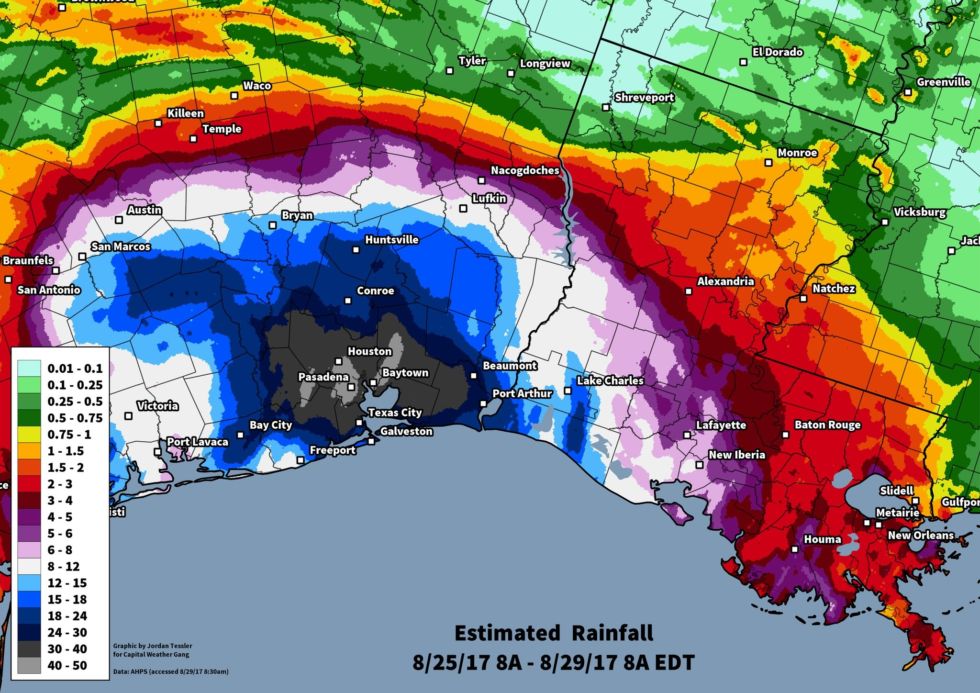It’s cold! Where’s your ‘global warming’ now?
In which we read from the dictionary, and a Senator throws snowballs.

Texas is experiencing a cold snap. It’s a welcome relief for most of us after 8 months of summer. But after the heat finally retreats, there’s something else we are left to deal with: climate skepticism.
When I was an air quality advocate in Houston, I came to expect an inquiry from a certain AM radio station each year around this time. Each winter it was the same thing: If ‘global warming’ is real, then why is it so cold?
This position was perhaps best embodied in the person of Oklahoma Senator James Inhofe, who famously threw a snowball on the Senate floor in order to make…some sort of point…about climate change?
Putting aside the rhetorical strength of a grown man throwing a snowball, what is behind this ‘argument’ against climate change?
As with many arguments that are free of facts, this one is easily dispatched, in this case with a dictionary. So let’s get to it with some definitions:
weather – the state of the atmosphere with respect to heat or cold, wetness or dryness, calm or storm, clearness or cloudiness.
climate – the average course or condition of the weather at a place usually over a period of years as exhibited by temperature, wind velocity, and precipitation.
The difference is easy enough to see if you’re not dodging snowballs. Weather is the state of things at a given time; climate is the trend over many decades.
With that simple understanding, it’s easy to see that a few days of weather can’t lead to any conclusions about climate. The trend in climate, over the last decades and since the industrial revolution, has been one of warming temperatures, increasing droughts, and more severe storms (this is why we favor the term ‘climate change’ over the less accurate ‘global warming’). A few days of weather of any given kind can’t change that climate trend.
“But wait!” you say, “Doesn’t that mean that we can’t blame Hurricane Harvey on climate change?”
Well, no, we can’t. And this is reflected in meteorologists’ careful statements about Harvey and its link to climate change. We may get some headlines that say that “It’s a Fact” that climate change made Harvey worse. But those are headlines, written by editors. The truth is far more nuanced, with scientists willing to express only “medium confidence” in a link between recent hurricanes and climate change.
So we can say that Harvey—a historically intense storm—is consistent with what we know about the relationship between storms and climate change. But we can’t say that climate change “caused” Hurricane Harvey.
Similarly, we can’t blame an especially hot day on climate change, just like we can’t point to a cold day as evidence that climate change isn’t real. That’s just not how climate works.
So enjoy the cold weather, but appreciate that we will have fewer cold days in the long term if we don’t reverse the effects of climate change now.
And watch out for snowballs.